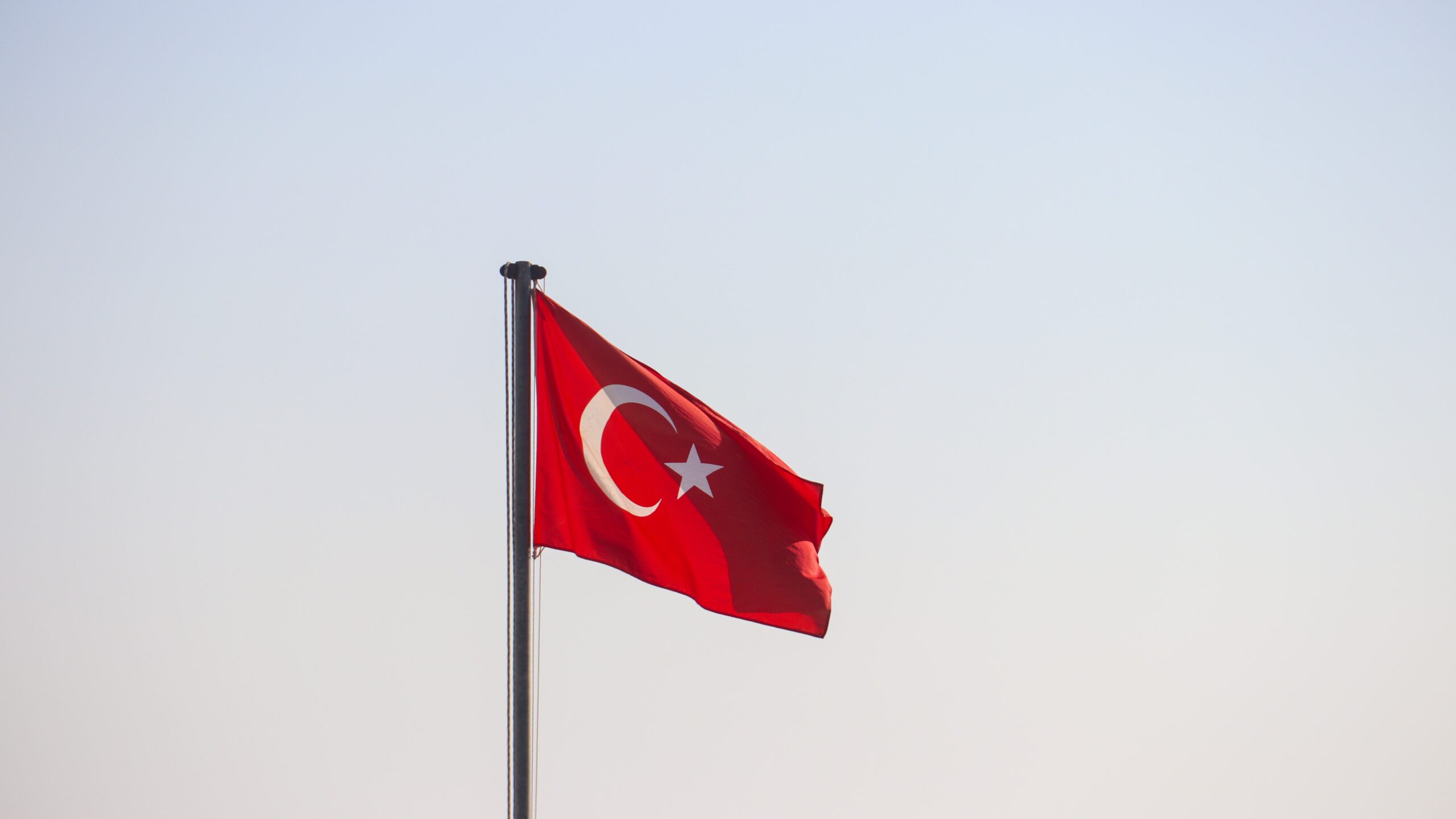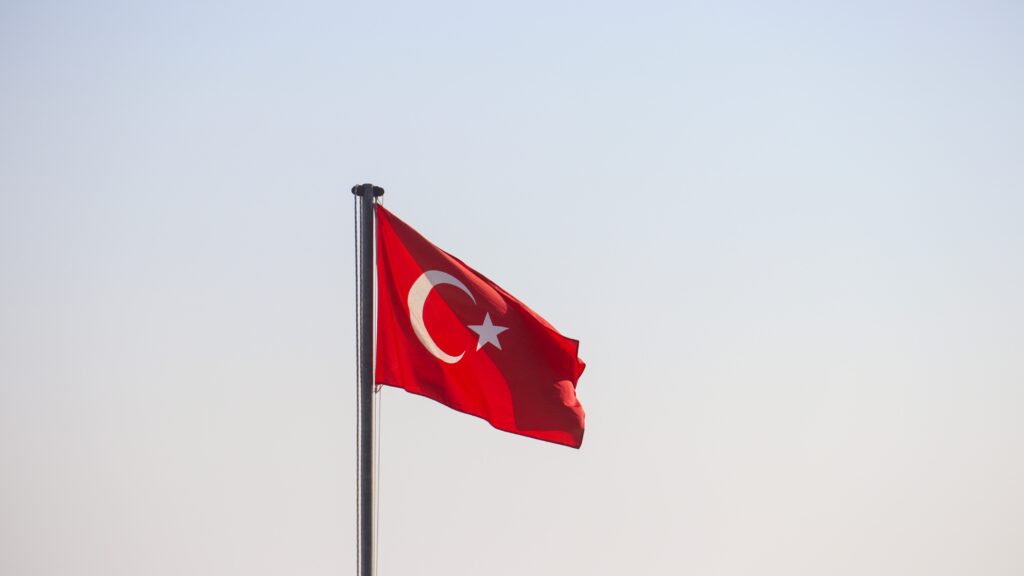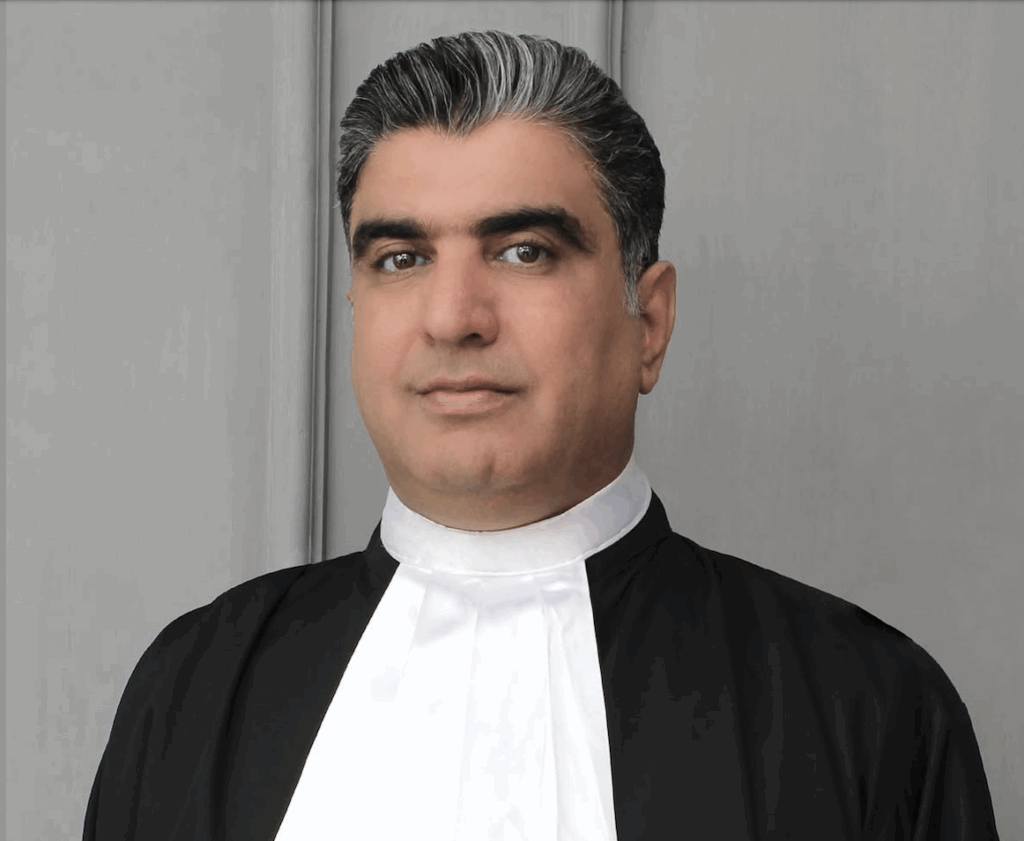Lawyers for Lawyers is concerned about the possible initiation of a criminal investigation of the lawyers Sezin Uçar, Seher Eriş and Fırat Epözdemir after their statements in memory of Ebru Timtik during the general assembly of the Istanbul Bar Association on 16 and 17 October 2021.
We have been informed that following the general assembly of the Istanbul Bar Association the Istanbul Chief Public Prosecutor’s Office has requested the authorities to be allowed to initiate a criminal investigation into these three lawyers for the sole reason of their remembering Ebru Timtik. She was a human rights lawyer known to represent clients critical of the Turkish government. Along with 17 other lawyers she was tried for her alleged “membership of terrorist organisation”. Following criminal proceedings that were tainted by fair trial breaches, she was eventually sentenced to 13 years and 6 months. She passed away following a 238-day hunger strike in pursuit of a fair trial and the administration of justice in Turkey.
The lawyers being criminally investigated are, similarly to Ebru Timtik, active human rights lawyers and human rights defenders. Sezin Uçar is an executive board member of the ÇHD (Progressive Lawyers Association), and both Seher Eriş and Fırat Epözdemir are active members of the ÖHD (Association of Lawyers for Freedom).
According to the information received, the sole reason for their being subject to a criminal investigation is the fact that these lawyers reminisced about Ebru Timtik (and in one speech also Tahir Elçi) during the general assembly of the Istanbul Bar Association. This is particularly problematic when considering the way authorities collected information in this case: during this there were policemen present who listened to all speeches, and observed any discussions.
Lawyers play a vital role in the protection of the rule of law and human rights. It is the responsibility of lawyers to protect and establish the rights of citizens. Their work is indispensable for ensuring that all persons have equal and effective access to protection of the law and remedies for violations of rights. To fulfil their professional duties effectively, lawyers must be able to practice law freely and independently, without any fear of reprisal.
Article 16 of the United Nations (UN) Basic Principles on the Role of Lawyers (Basic Principles)[1] states that governments must ensure that lawyers “are able to perform all of their professional functions without intimidation, hindrance or improper interference.” The Principles further require that lawyers “shall not suffer, or be threatened with, prosecution or administrative, economic or other sanctions for any action taken in accordance with recognized professional duties, standards, and ethics.” They further stipulate that lawyers, like any other individuals, have the right to freedom of expression. In particular they have the right to take part in public discussion of matters concerning the law, the administration of justice and the promotion and protection of human rights (Article 23 of the Basic Principles).
In view of the above, we call on the authorities of Turkey to not continue any criminal investigations of Sezin Uçar, Seher Eriş and Fırat Epözdemir in relation to their speeches during the general assembly of the Istanbul Bar Association, and guarantee in all circumstances that all lawyers from Turkey are able to carry out their legitimate professional activities without fear of reprisals and free of all restrictions including judicial harassment.
[1] The UN Basic Principles on the Role of Lawyers provide a concise description of international norms relating to the key aspects of the right to independent counsel. The Basic Principles were unanimously adopted by the Eighth United Nations Congress on the Prevention of Crime and the Treatment of Offenders in Havana, Cuba on 7 September 1990. Subsequently, the UN General Assembly “welcomed” the Basic Principles in their ‘Human rights in the administration of justice’ resolution, which was adopted without a vote on 18 December 1990 in both the session of the Third Committee and the plenary session of the General Assembly.




